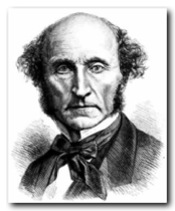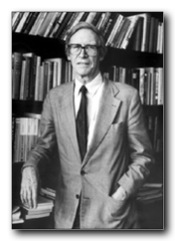What is here?
The notes here summarize the main points of a class session. They typically continue the discussion with additional material or thoughts.
You will also find remarks about grades and writing philosophy papers here. Announcements, the syllabus, reserve readings, and paper topics are available through Sakai.
Notes
Thomas Hobbes [1651]
- The state of nature
- Handout: Hobbes and Aristotle’s politics [pdf]
- Follow-up: Aristotle on natural and artificial
- The laws of nature
- Handout: Hobbes and Aristotle’s ethics [pdf]
- Justice and rights
- Handout: Hobbes on justice [pdf]
- Handout: Hobbes on rights [pdf]
- Follow-up: Natural property rights (14 Sept)
- Follow-up: Robin on authorization (14 Sept)
- Follow-up: Ramy’s question about reading ‘dead guys’ (16 Sept)
- Sovereignty
- Hobbes on Liberty
- Handout: Hobbes (and Aristotle) on Liberty [pdf]
- Religious liberty and authority
- Handout: Christian liberty [pdf]
John Stuart Mill [1860s]
- Mill on liberty and utilitarianism
- Handout: Utilitarianism as an esoteric doctrine [pdf]
- Lewis, Mill, and Milquetoast
John Rawls [1971, 1993]
- Handout: Vocabulary [pdf]
- Rawls and utilitarianism
- Rawls, Nozick, and libertarianism
- Rawls on liberty
- Hart on Rawls on Liberty
- Handout: Rawls’s principles [pdf]
- Rawls on Hart on Rawls on Liberty
- Political Liberalism